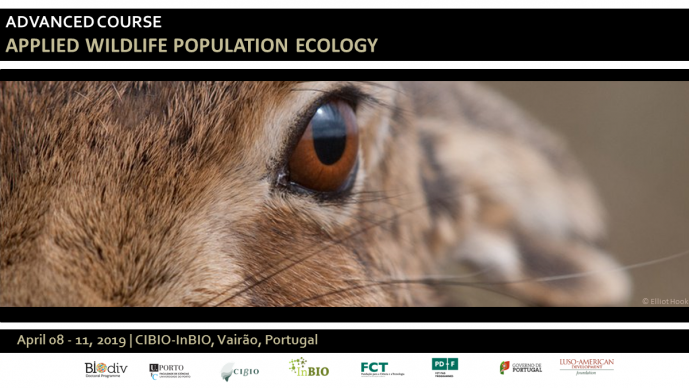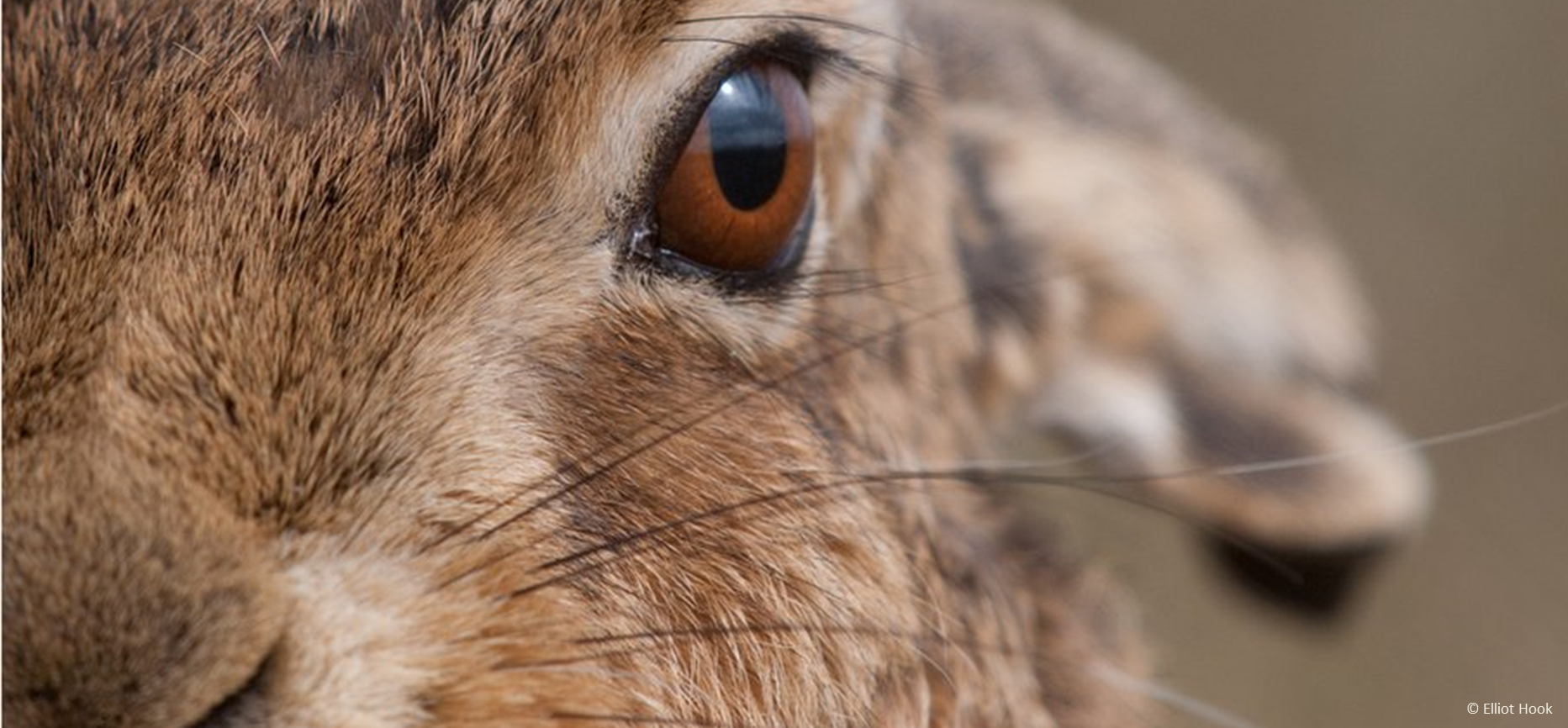ADVANCED COURSE: APPLIED WILDLIFE POPULATION ECOLOGY


During this 4 days course we will expose students to the scientific basis and practical applications of the study of wildlife population biology. The modern study of wildlife population ecology orchestrates a dance at the interface of reliable fieldwork and the use of mathematical tools and population genetic techniques. Students will learn how to collect the data necessary to study wildlife populations, and how to assess the factors that affect population growth and interactions with other species. This will include descriptors of population dynamics (eg. trends in abundance, cycles), projections of deterministic and stochastic population models with stage structure, mechanisms and modeling of density dependence (positive and negative), targeting specific conservation actions through sensitivity analysis, metapopulation and source-sink dynamics, viability analysis, and the interface between genetic variation and population performance. The focus will be on how to rigorously analyze population dynamics and apply the inferences to better conservation decision-making.
By the end of the course, students should have the confidence to advance both management and research by effectively using data, models, and the ecological concepts to address pressing questions involving the harvest, monitoring, and conservation of wildlife populations.
SCHEDULE
Mornings - 10:00 to 13:00
Afternoons - 14:00 to 17:00
PROGRAMME
Day 1:
i. Human population dynamics meet applied population biology
ii. studies and interpreting population biology data. (quick overview)
iii. Genetic concepts and tools (quick overview)
iv. Estimating population vital rates.
v. Exponential Growth; including stochasticity
Day 2:
vi. Practical exercises
vii. All stages are not equal: Structured population-projection models
viii. Density-dependent population change
ix. Predation and wildlife populations
Day 3:
x. Practical exercises
xi. Genetic variation and fitness in wildlife populations (Quick Overview)
xii. Small and declining populations, including approaches to assess viability
Day 4:
i. Practical exercises
ii. Focal species to bridge from populations to ecosystems
COURSE INSTRUCTORS
L. Scott Mills – University of Montana
Pedro Monterroso – CIBIO-InBIO | CONGEN
INTENDED AUDIENCE
The course will be open to a maximum number of 20 participants.
75% of available student slots are reserved for BIODIV students. Priority will be given to:
• 1st year and other PhD students attending the BIODIV Doctoral Program;
• PhD students attending other courses;
• Other post-graduate students and researchers.
APPLICATIONS
Registration Deadline: February 07, 2019
To apply, please fill the form available HERE
Participation is free of charge for BIODIV students | 80 € (students) | 150 € (other participants). CIBIO-InBIO members will have an additional discount of 20%. All applicants will be notified about whether they are accepted until February 18, 2019.
Please note that new rules apply for all BIODIV students.
